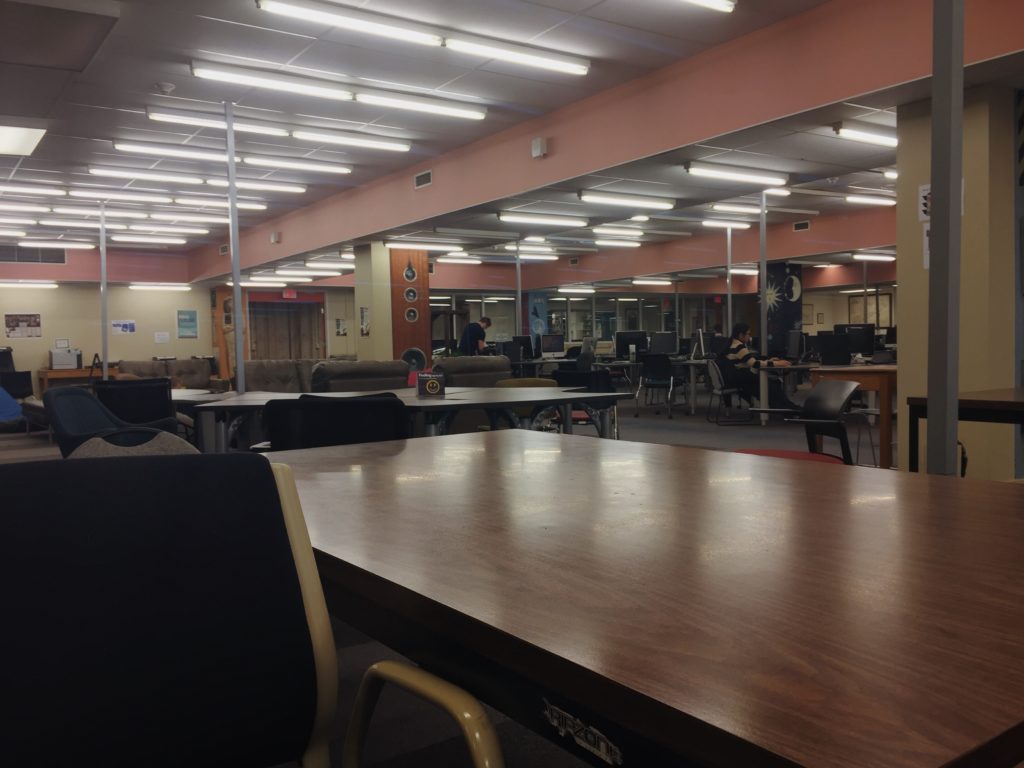We are fresh out of a long weekend, and I’m not sure about you, but I’m not feeling too refreshed. We had two days off this week to catch our breath before we head into final exam season, and here I am, huffing and puffing and barely holding it together. It’s around this time of year that I think to myself, “Why can’t UPEI get with the times and have a Fall Reading Week?â€
Sure, we had Student Development Day tagged along with the Remembrance Day holiday to get our act together, but is that enough time when, every winter semester, UPEI gives students a full week off from class?
Fall Reading Week is a fairly new concept that has been sweeping the country over the past two years. Many universities justify the decision by saying that the break will alleviate the stress that students face during a critical point in the semester.
Like anything, the idea started in Ontario and now it’s spreading to the east and west. Almost every publicly funded Ontario university now offers a fall break, with Queen’s and Western University senate both passing motions earlier this year. Both universities noted that the change to the academic calendar meant some shuffling around of dates, such as shortening Orientation Week and extending classes into what was formerly their exam period.
In Atlantic Canada, Dalhousie, Mount Saint Vincent, and Saint Mary’s University have all adopted a fall reading week. The break took place from November 6th-10th this year. However, the University of New Brunswick hasn’t jumped on the bandwagon yet.
There’s no arguing that students are some of the most stressed out people on the planet. At this point in the semester, we have a lot going on, and having a week off from classes would do a lot of good for our mental health and it would help us get caught up on projects and assignments. So come on UPEI, give us a Fall Reading Week! Please?
By: Allison O’Brien
This article belongs to The Cadre’s opinion section. The views and opinions expressed in this article are those of the authors and do not necessarily reflect the official position of The Cadre.
